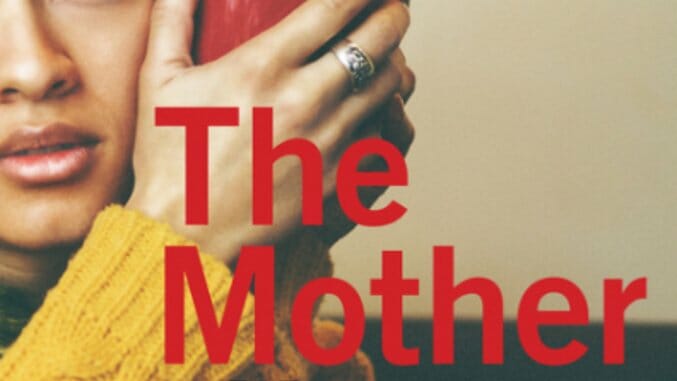A Murder Trial Tackles Race and Class in The Mother by Yvvette Edwards

In her second novel, author Yvvette Edwards probes the depths of grief, loss and hope. The Mother is a grounded work that explores not only the deeply personal experience of losing a child, but the larger societal context in which children fall through the cracks and grow up too fast.
Nearly a year after losing Ryan, their 16-year-old son, parents Marcia and Lloydie Williams are bracing themselves for the beginning of the murderer’s trial. Tyson Manley, a troubled boy the same age as Ryan, has been charged with the crime, suspected of stabbing Ryan after learning they were involved with the same girl. While Marcia summons the strength to attend the trial from the very beginning, partly in hopes of gaining some closure from the proceedings, Lloydie completely withdraws, spending his time gardening and avoiding one-on-one time with his wife. But as the trial moves forward, the world outside the Williams’ front door comes into agonizing, terrifying focus.
 Marcia is a remarkable woman, and Edwards gives her plenty of space to work her way through a rollercoaster of emotions. Once a quintessential doting mother, Marcia’s loss of both her son and the intimacy of her marriage has left her in total isolation, despite a support network that includes her sister and a family liaison officer who has become a stoic, intuitive friend. She ricochets between crippling sadness and explosive rage, haunting guilt and a desperate desire to make sense of what happened to her son. Rather than being an emotional husk, Marcia feels more dynamic than any other character in the novel.
Marcia is a remarkable woman, and Edwards gives her plenty of space to work her way through a rollercoaster of emotions. Once a quintessential doting mother, Marcia’s loss of both her son and the intimacy of her marriage has left her in total isolation, despite a support network that includes her sister and a family liaison officer who has become a stoic, intuitive friend. She ricochets between crippling sadness and explosive rage, haunting guilt and a desperate desire to make sense of what happened to her son. Rather than being an emotional husk, Marcia feels more dynamic than any other character in the novel.
But The Mother tackles more than the Williams’ grief. As the trial revolves around a black family living in London, biases rooted in racism steal the spotlight. Marcia and her sister watch as the predominantly white jury reacts to the saga of youthful arguments, competition and death that unfolds, hoping to predict how the jurors’ sympathies will sway with each new piece of evidence. Although confident that her son was a good person and that this truth will be immediately clear to the judge and jury, Marcia is aware that “being good” might not be enough. Will these strangers see just another black boy caught up in the wrong crowd, bearing some fraction of responsibility for his own death? Or will they see a good kid who was in the wrong place at the wrong time?
-

-

-

-

-

-

-

-

-

-

-

-

-

-

-

-

-

-

-

-

-

-

-

-

-

-

-

-

-

-

-

-

-

-

-

-

-

-

-

-








































